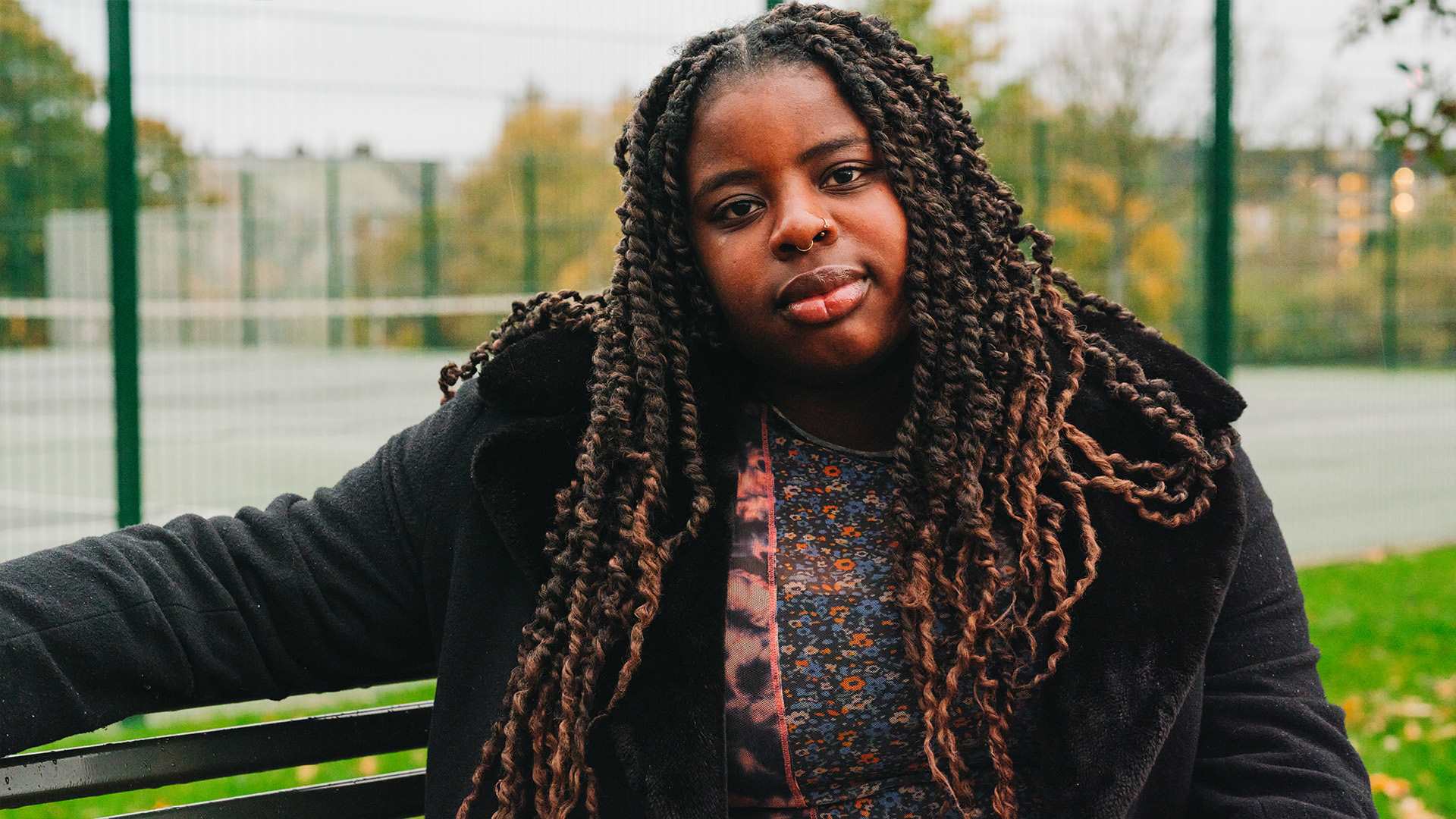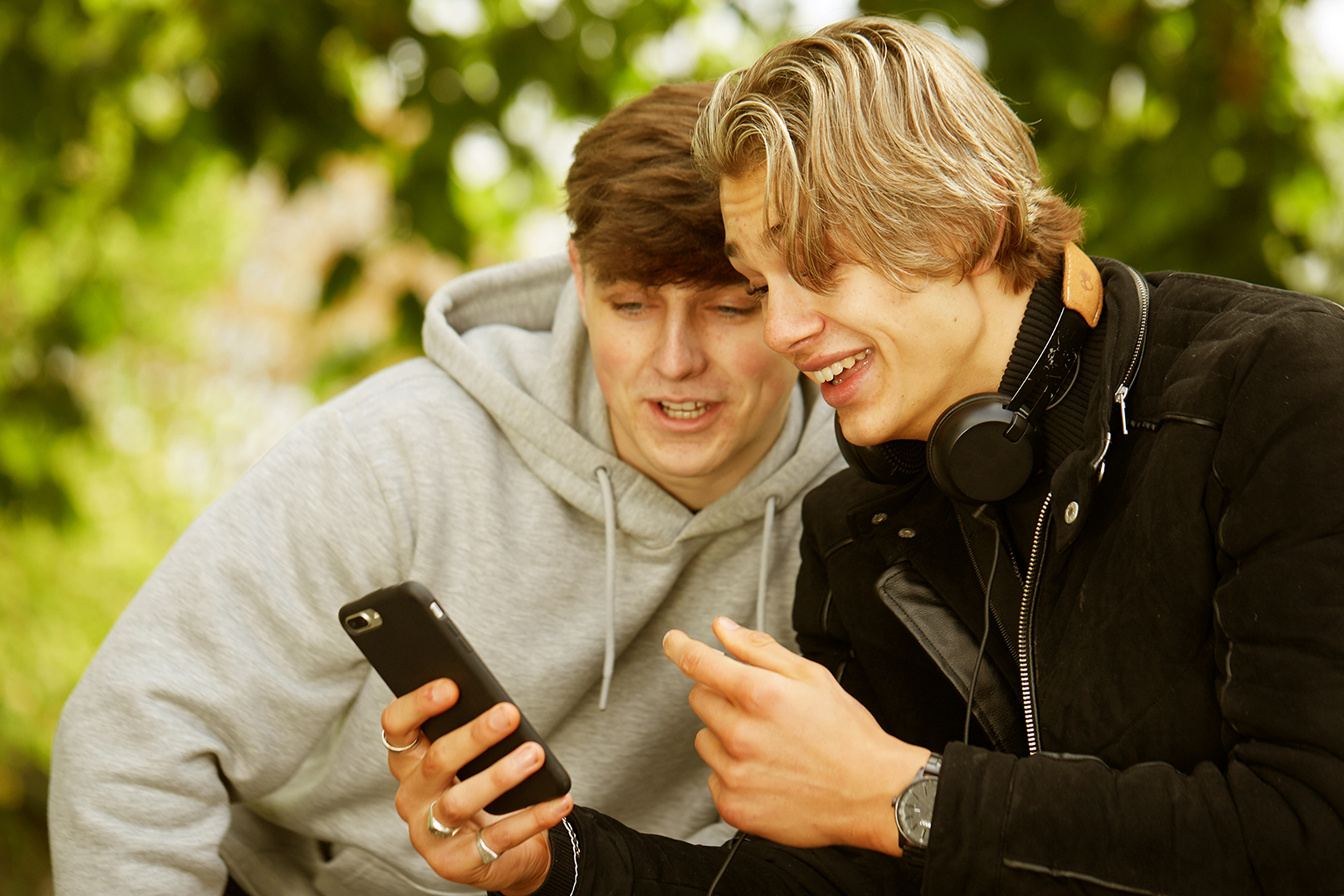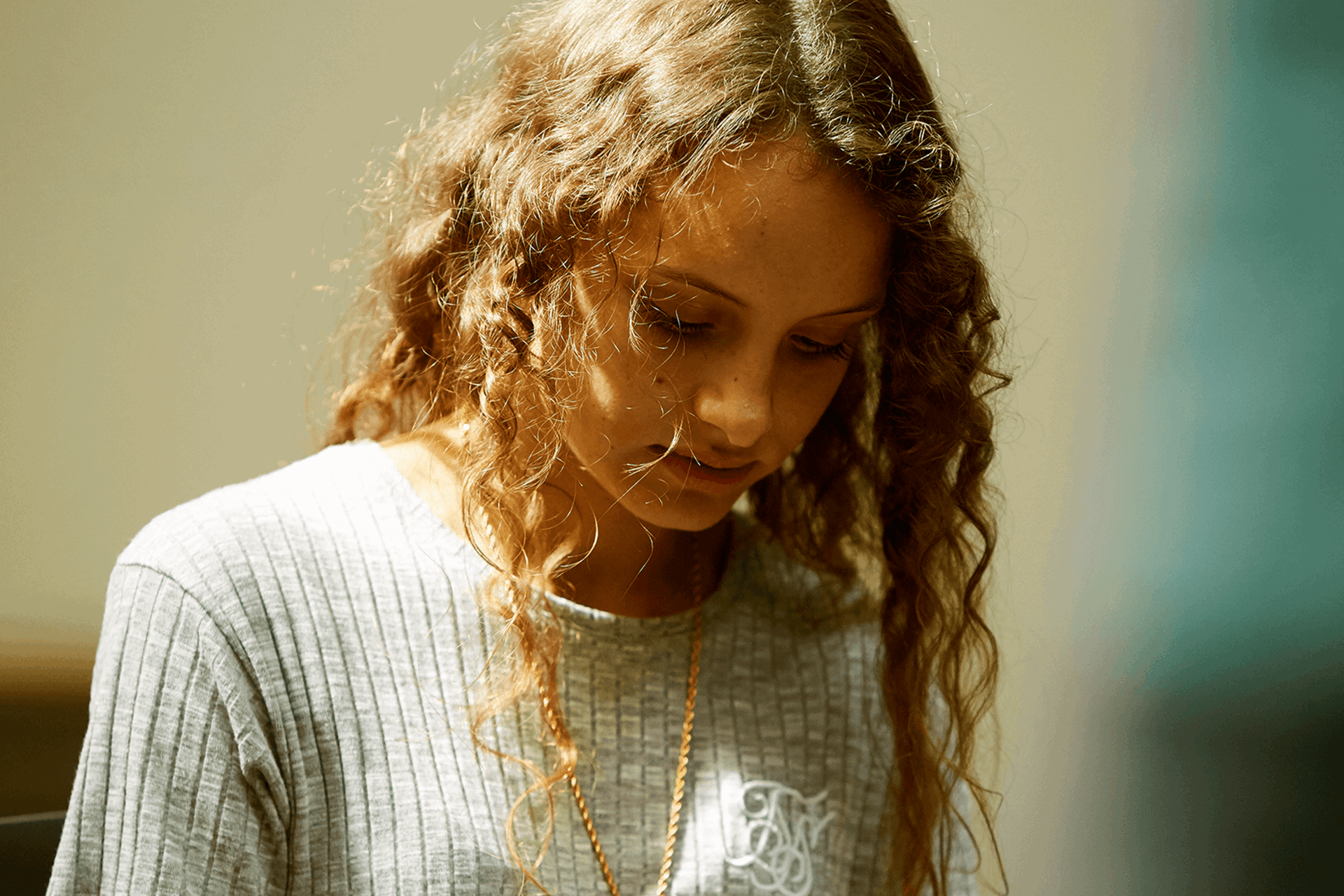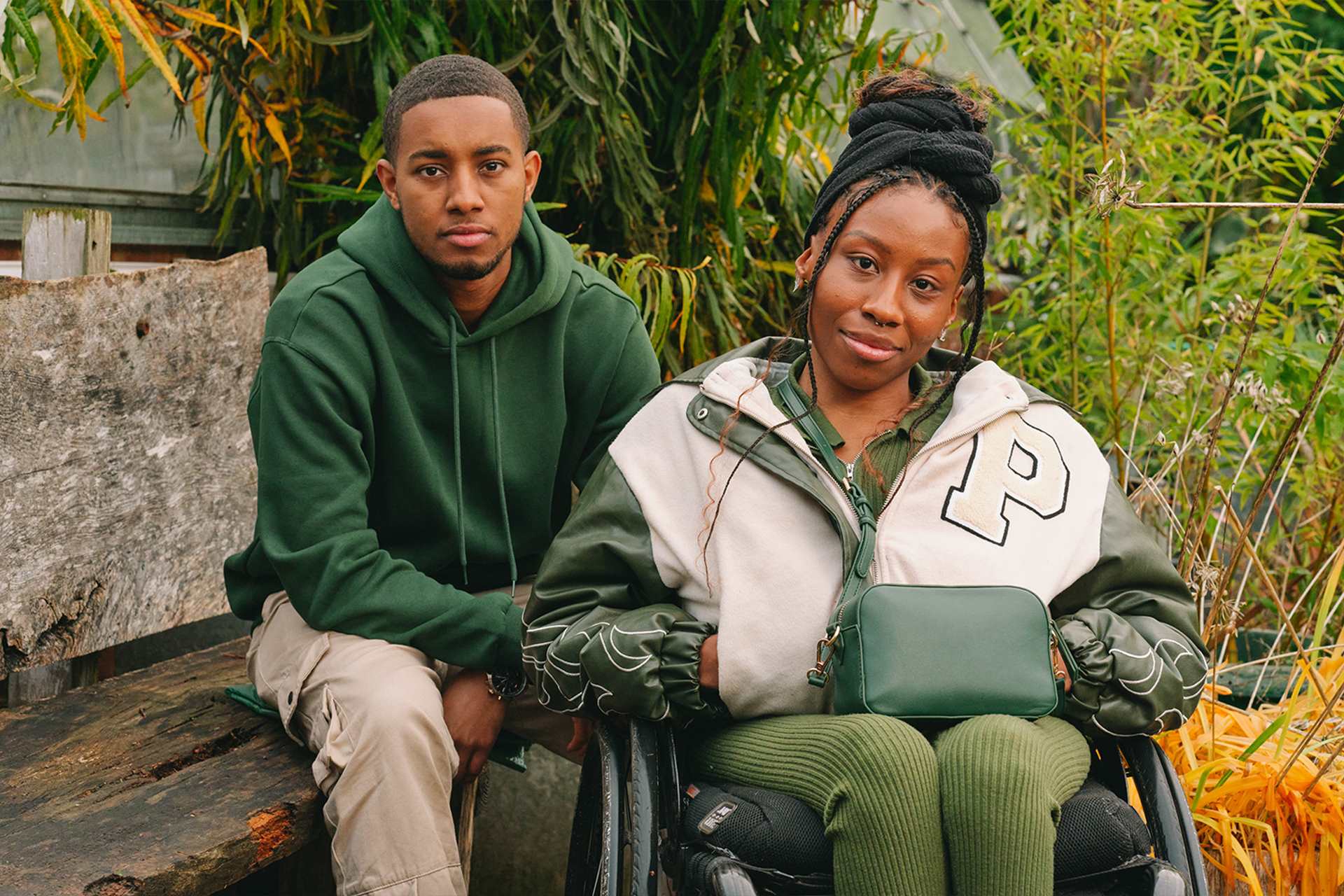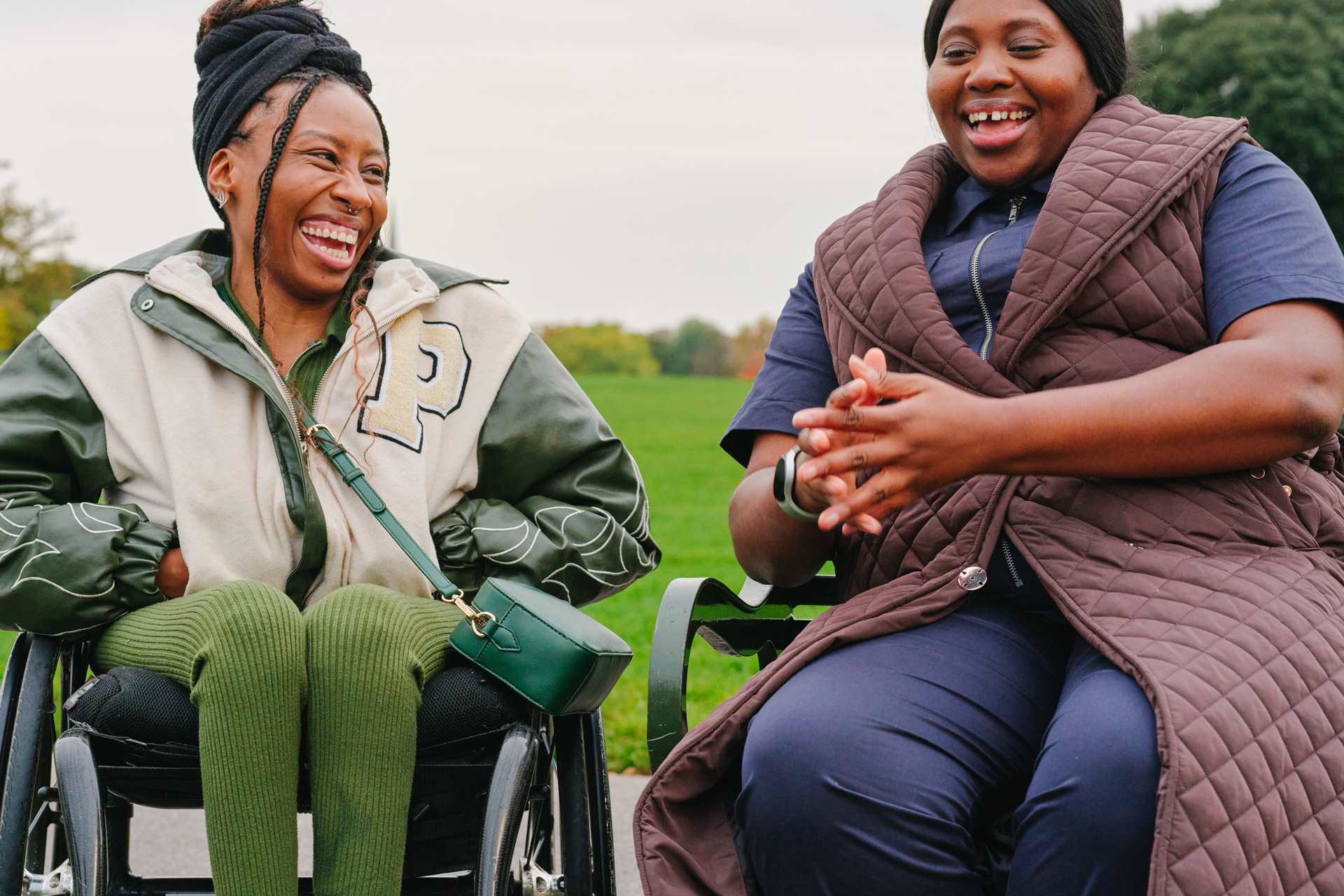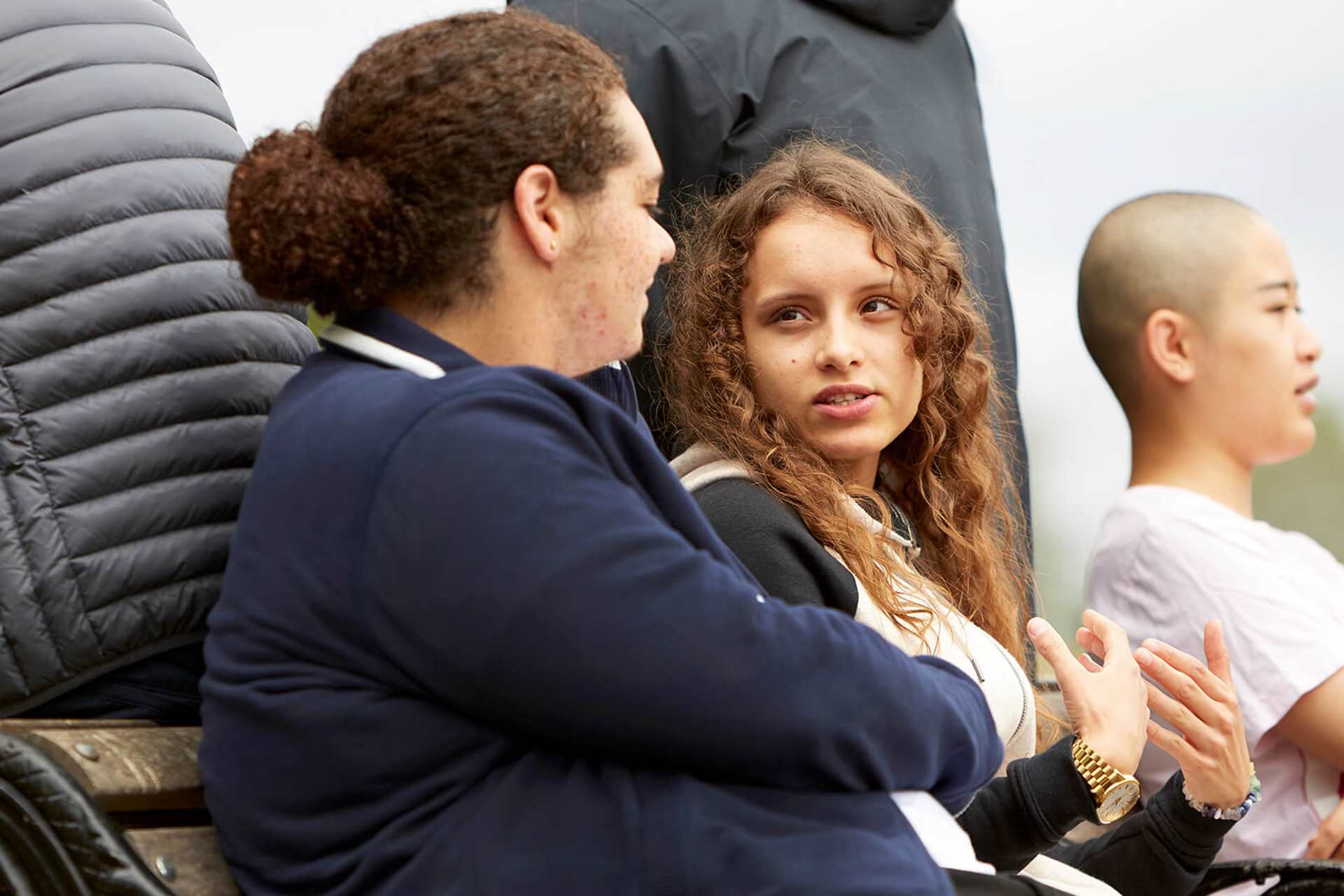Topics mentioned: disability and mental health, self-esteem, anger
About: Claire explains the impact ableism has on her mental health, The Social Model of Disability, and her tips for setting boundaries and dealing with ableism.
Ableism: unfair and negative attitudes towards Disabled people, a form of discrimination.
I have never liked or thrived off attention from others. I much prefer to blend into the background. There are many reasons why this might be, ranging from a lack of confidence to being happy in my own company. But most of all, my dislike of attention stems from the unnecessary and frequent comments I get from often well-meaning strangers (or sometimes professionals) about the obvious fact that I am Disabled.
I sometimes feel hesitant about meeting new people as I’m aware of the assumptions that are made about me, often even before we start a conversation.
How ableism impacts mental health
As a Disabled person (and more specifically a powered wheelchair user) it is often impossible to go out without attracting unwanted and negative interactions. People say things like ‘have you got a driving license for that?’ (referring to my powered wheelchair) and pitying comments or intrusive questions about my medical history e.g. ‘what’s wrong with you?’. This is unfortunately what ableism looks like in everyday life.
Navigating these types of interactions regularly can feel exhausting, isolating, and frustrating, ultimately taking a toll on the mental health of Disabled people. The influence that ableism has on our mental health may be significant. I sometimes feel hesitant about meeting new people as I’m aware of the assumptions that are made about me, often even before we start a conversation. Ableism can lead to many feelings other than anxiety, like poor self-esteem, distress, anger, or a deep sense of injustice – whatever you feel it is valid!
If you relate to my experience, it’s important to acknowledge that. Often awareness of an issue (e.g. ableism) is the first step towards taking action against it. There are many things you could do to try to protect your mental health from the impact of ableism, but first off, acknowledge that you deserve to feel good about yourself! Being surrounded by people who appreciate you for exactly who you are is crucial – whether that is family, friends, colleagues, support workers or caregivers, or a mixture of all of these people! Creating your own support network can help to counteract the effects of ableism.
The Social Model of Disability
Misconceptions about being Disabled are common, but it’s not your job to address them or educate others about your disability. Disability is a very personal and sensitive matter, and not something you necessarily want to discuss with a stranger while wandering around your local park. For me, understanding the Social Model of Disability has helped me better articulate many aspects of my life and why misconceptions can have such an impact on us.
For those of you who are new to the concept, the Social Model is about recognising and removing barriers to our participation in society. It states that inaccessible environments, unfair attitudes, and beliefs disable us – and that taking these restrictions away can enable us to thrive as Disabled people. For those of you that find analogies helpful – think of the Social Model as a plant in your garden. If the plant is not growing, you might move it to a sunnier spot or water it more frequently – not change the plant itself. I hope this introduction to the Social Model proves beneficial for your mental health.
Tips for dealing with ableism
Understanding yourself and your own boundaries is so important when dealing with ableism. Below are some key points and tips for you as Disabled young people to look after your mental health and act against ableism (of course, only if you want and feel able to):
Other people’s opinions about you and Disabled people in general are not your responsibility.
Curiosity about disability is not more important than your mental health.
Think about and set limits on what kinds of information you want to share – maybe think of specific phrases for situations that make you feel uncomfortable e.g. ‘Can we talk about something else?’
Have key people who you can talk openly to about your experience and what being Disabled means for you. You may find it useful to join specific Disabled communities to recognise that you are not alone.
If you feel angry about ableism, that’s perfectly valid - no emotion is bad or wrong, and that includes anger!
These models offer different perspectives on disability and how we understand it. The Social Model is the most well known.
This can really encourage non-disabled people to be allies. You could even share their posts directly with people who know are open to learning more about disability. Especially content that resonates with your experiences of ableism.
I hope this blog helps you realise that ableism is not your fault. You deserve to take up space as a Disabled person!
Think of the Social Model as a plant in your garden. If the plant is not growing, you might move it to a sunnier spot or water it more frequently – not change the plant itself.
More information and advice
We have tips and advice to help you find the support you need. Take a look at our guides.
Where to get help
However you're feeling, there are people who can help you if you are struggling. Here are some services that can support you.
-
Scope
Provides practical information and emotional support for Disabled people.
- Opening times:
- 9am - 6pm, Monday - Friday; 10am - 6pm, weekends
-
Childline
If you’re under 19 you can confidentially call, chat online or email about any problem big or small.
Sign up for a free Childline locker (real name or email address not needed) to use their free 1-2-1 counsellor chat and email support service.
Can provide a BSL interpreter if you are deaf or hearing-impaired.
Hosts online message boards where you can share your experiences, have fun and get support from other young people in similar situations.
- Opening times:
- 24/7
-
Samaritans
Whatever you're going through, you can contact the Samaritans for support. N.B. This is a listening service and does not offer advice or intervention.
- Opening times:
- 24/7
